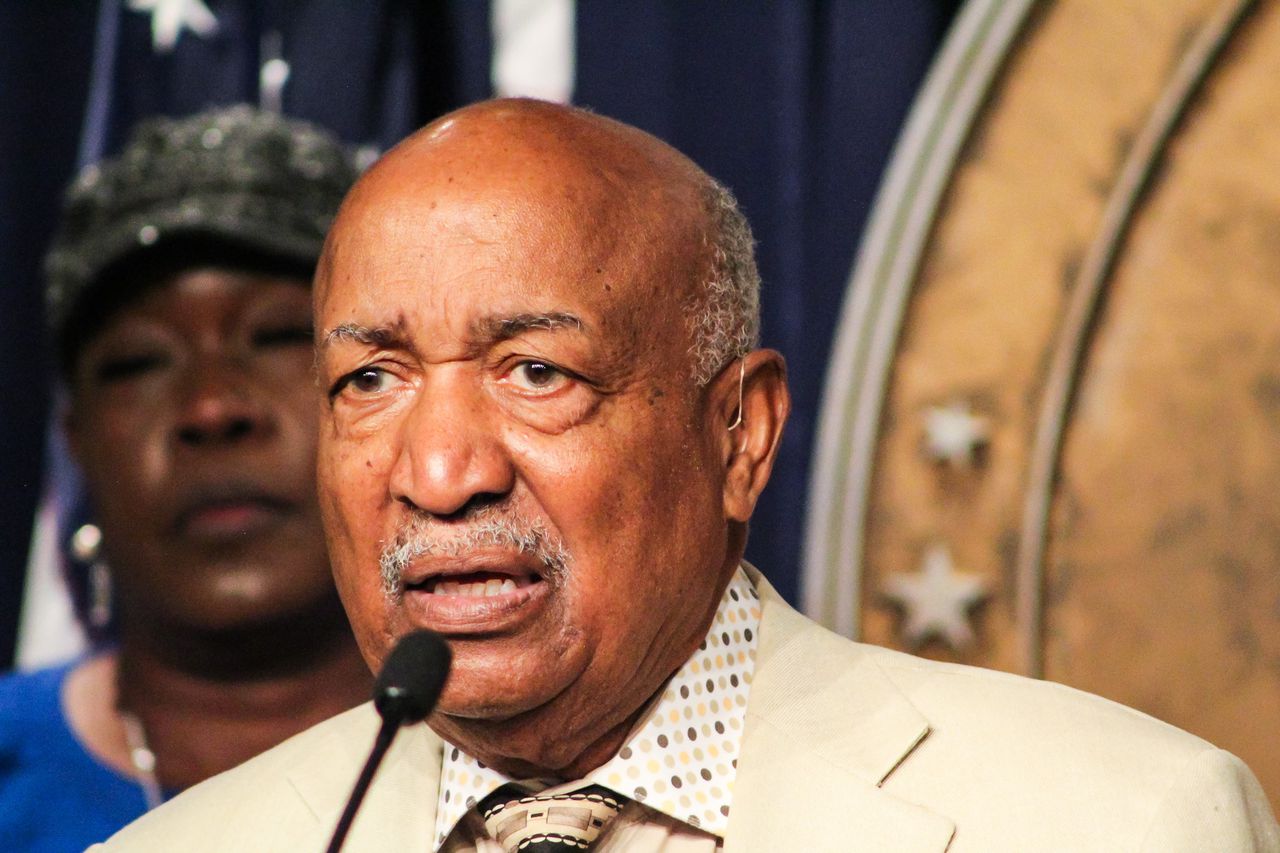Smith: Alabama Democrats have an intersectionality problem
The Alabama Democratic Party has an intersectionality problem. I’ll forgive you if you don’t understand what that means. You probably haven’t done the work to understand the myriad power dynamics at play that lift historic regimes of normativity while disenfranchising marginalized communities. If you’re still confused, don’t fret. College-educated liberals can help you refine your perspectives on every topic from race and gender to healthcare and gun rights.
They’re also creating a window of opportunity for Republicans.
Power dynamics have always been part and parcel of politics and culture. They are quite complicated, and we shouldn’t ignore them or try to simplify them away. Neither should we set an ideological norm that suggests we’re only capable of seeing issues through our respective power dynamics. Tabitha Isner, the vice chair of the Alabama Democratic Party explains that intersectionality is “recognizing that we are all impacted by sexism, racism, ableism, heterosexism, and more.”
Other Columns by Cameron Smith:
If only that were the beginning and end of the discussion.
Recognizing the intricacies of our human experiences isn’t a liberal phenomenon. Most of us are capable of empathy even while conceding the limits of our own finite perspectives. Intersectionality theory itself suffers from a gross oversimplification of human experience into hierarchies of identity and privilege that conspicuously demand a certain political worldview.
I’ve been repeatedly admonished by liberal friends that my conservative perspectives are a product of my failure to “do the work.” The main challenge is that my undertaking such work requires that my viewpoints ultimately align with theirs when it comes to politics and policy. They truly believe that our good faith disagreements are actually due to either my lack of understanding or my willful ignorance.
No political campaign is quite as effective at helping Republicans gain ground as the well-intended condescension of highly-educated white Democrats.
In that sense, the Alabama Democratic Party of Isner and former U.S. Sen. Doug Jones is indeed a gift to Republicans. They’re presently in a struggle for leadership of the state party with Democratic juggernaut Joe Reed. The conflict is more than the old guard versus the new. It’s Democratic practicality running headlong into intersectionality. It’s the dean of Alabama Democrats recognizing that some national Democratic priorities don’t necessarily connect the same way in the conservative South.
This isn’t Reed’s first rodeo.
Republicans have been so unbelievably horrible at courting Black voters that more than 90% vote Democratic when it comes to the presidential ticket. That’s an insanely high percentage to maintain.
Such loyalty demands that Democratic priorities are Black priorities. In the South, Black voters reasonably expect to set the policy agenda for Democrats because they form a radically higher percentage of the Democratic base than they do across the rest of the nation.
Jones and Isner have visions of a multi-faced Democratic Party where every minority coalition has a seat at the leadership table regardless of their numerical representation in the party. Such an aspirational political model begins to fall apart when coalition members have radically different priorities.
Read more: DNC chair says Alabama Democratic Party elimination of minority caucuses ‘troubling’
Just look at what’s happening in Dearborn, Michigan. Traditionally Democratic Muslim and Arab American residents have repeatedly joined with white conservative Christians to protest sexually charged books and materials in schools. Solidly Democratic voters see the intersectional left as increasingly driven by viewpoints inconsistent with articles of their faith.
If the Democrats can pursue broad coalitions, so can Republicans.
On the heels of the Supreme Court decision creating two majority-Black districts in Alabama, Democrats must keep Black voters with them at historic levels of they want to win. Isner and Jones are already counting an additional Democratic congressional vote, but Reed wisely sees the path for a possible Republican challenge.
The Alabama GOP should spend heavily to clarify that Democratic National Committee elites intend to force an intersectional future led by the likes of Isner and Jones onto Alabama even if it doesn’t match what’s coming out of the pulpit on Sunday. Otherwise, why is Reed struggling so hard to prevent it?
Alabama Republicans should force Democrats to actually compete for the overwhelming Black support they currently take for granted. A GOP pickup of even a few percentage points of Black voters changes the political landscape in Alabama.
Imagine Alabama Republicans put up two young Black candidates in the vein of Sen. Tim Scott, R-SC, who connect in their home communities, avoid political extremism, and point to a bright future for Alabama. Make the elections less about partisan politics and more about effective representation. Our country could use more of that anyway.
Yes, I recognize that’s a tall order. It’s also a reason Isner and Jones might not want to count on a Democratic congressional pickup in Alabama just yet.
Smith is a recovering political attorney with three boys, two dogs, a bearded dragon, and an extremely patient wife. He’s a partner in a media company, a business strategy wonk, and a regular on talk radio. Please direct outrage or agreement to [email protected] or @DCameronSmith on Twitter.
